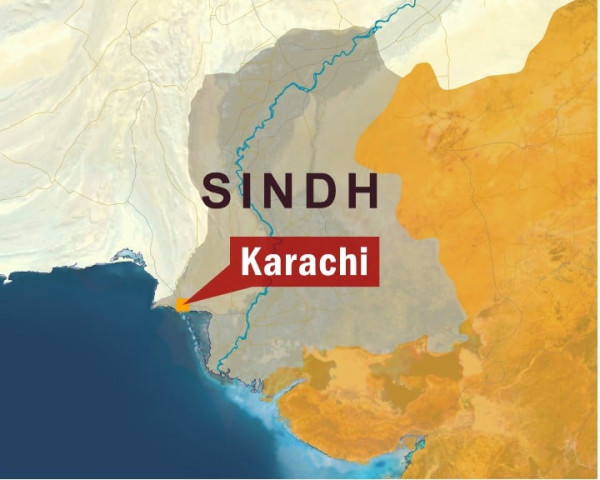Annual report on labour rights: Tenant farmers’ struggle for ownership rights highlighted
Movement of tenant farmers of Okara military farms for land ownership rights has spread to other districts.

This was highlighted in the annual report of the Pakistan Institute of Labour Education and Research (PILER) issued in a ceremony held in Karachi on Thursday.
The report stated that the movement spearheaded by Anjuman-e-Mazarain Punjab (AMP) was being supported by more than one million tenant farmers across the province. These farmers, the report said, were struggling against military owned institutions for ownership rights to more than 70,000 acres of high quality cultivable land. The movement was launched in 2000. The report said the tenants had successfully resisted the cash-rent and yearly-lease system introduced by the management of the military farms in July 2000. Since then, it added, the tenants had refused to pay any share of the farm produce to the military authorities under the batai system.
According to an estimate based on the 2000 census, there were around 250,000 bonded sharecropping households in the province.
With an average household size of 7.3, the population of these households could be estimated at around two million people. Most of these workers suffer from the worst forms of exploitation at the workplace, the report said.
The launch event was attended by Sindh Labour minister Ameer Nawab, Human Rights Commission of Pakistan (HRCP) general secretary I A Rehman and veteran labour leader Khursheed Ahmed.
The report’s focus was on the plight of women labourers and peasants. Its findings were based on extensive surveys on topics including harassment of women at workplaces and lack of implementation of labour laws.
Addressing the audience, I A Rehman said that before Ziaul Haq’s dictatorship governments used to consult workers before forming the labour policy. He said that Zia adopted a policy that favoured employers instead of the workers. He said there was an urgent need for comprehensive land reforms and implementation of the International Labour Organisation (ILO) convention in letter and spirit.
Rehman said that much of the labourers’ plight was linked to the ongoing war against terrorism. He added that with a major chunk of the public funds spent on measures against terrorism, very little was spared to be used for the welfare of the workers.
In its section on the condition of brick kiln workers, it stated that about two million people across the country were employed in the informal economy as casual or seasonal labourers. It mentioned a Supreme Court ruling of June 2010 that directed for the registration of brick kiln workers. According to the National Coalition Against Bonded Labour, 3,456 out of 3,858 kilns in Punjab have yet registered themselves under the Factories Act of 1934.
On agriculture sector and tenants’ resistance, the report said that the labour laws mostly did not apply to workers in this sector. It said that a recent survey in Sukkur district indicated that most of the farmers (65 per cent) were subsistence farmers with land holdings of up to 12.5 acres. Less than one per cent of the farmers owned landholdings of 100 acres and above, and together they accounted for a total of 5.84 million acres of cultivable land.
The report identified several causes of the decline in workers’ conditions, including power outages, terrorism and unemployment.
In his address, Sindh Labour Minister Ameer Nawab said the government had taken several measures to address the financial, legal and industrial grievances of the workers. He said Sindh government was the first to establish a unit to take action child labour. He urged other provinces to set up a similar unit.
Published in The Express Tribune, December 31st, 2010.



















COMMENTS
Comments are moderated and generally will be posted if they are on-topic and not abusive.
For more information, please see our Comments FAQ